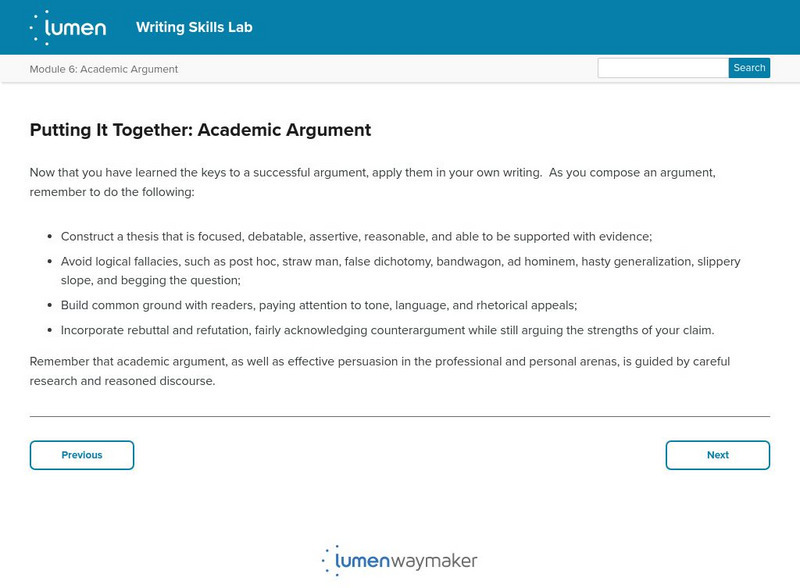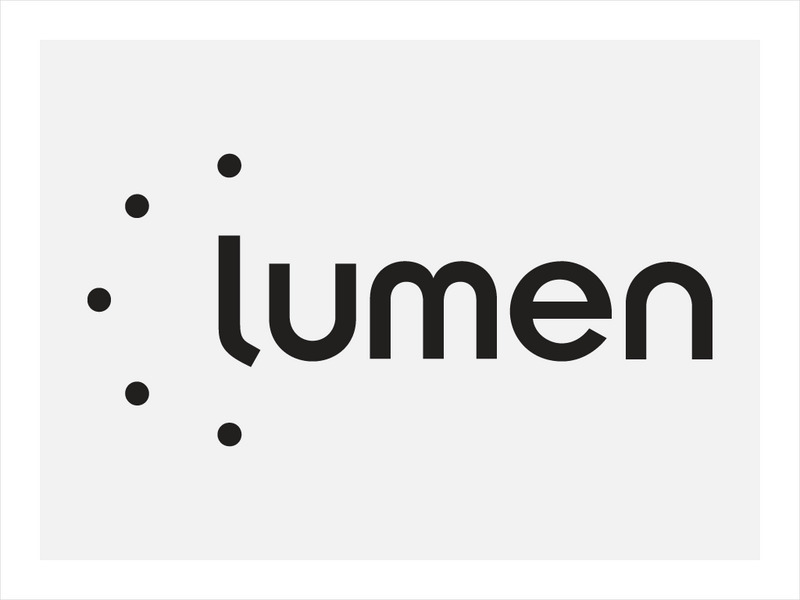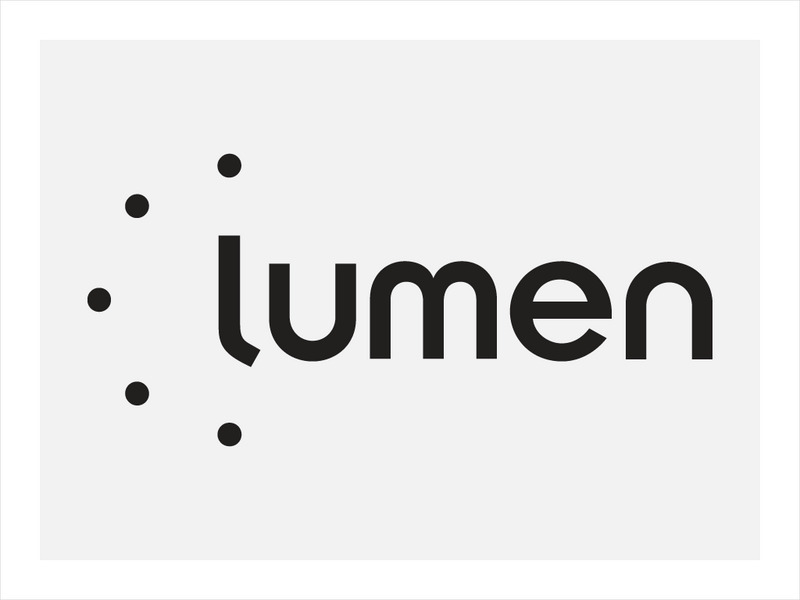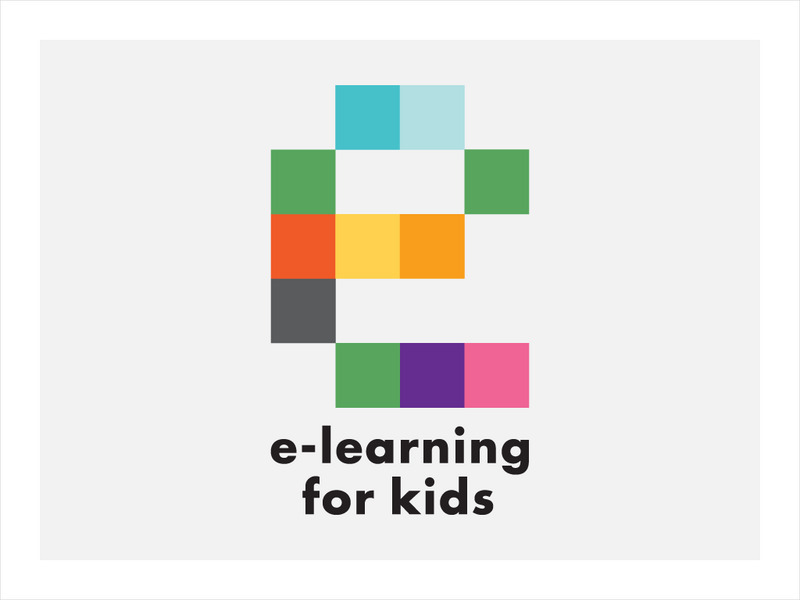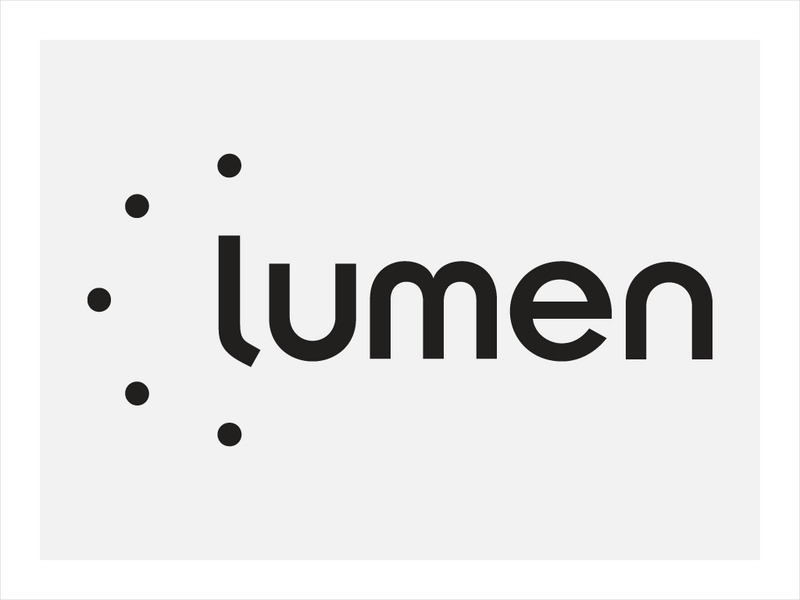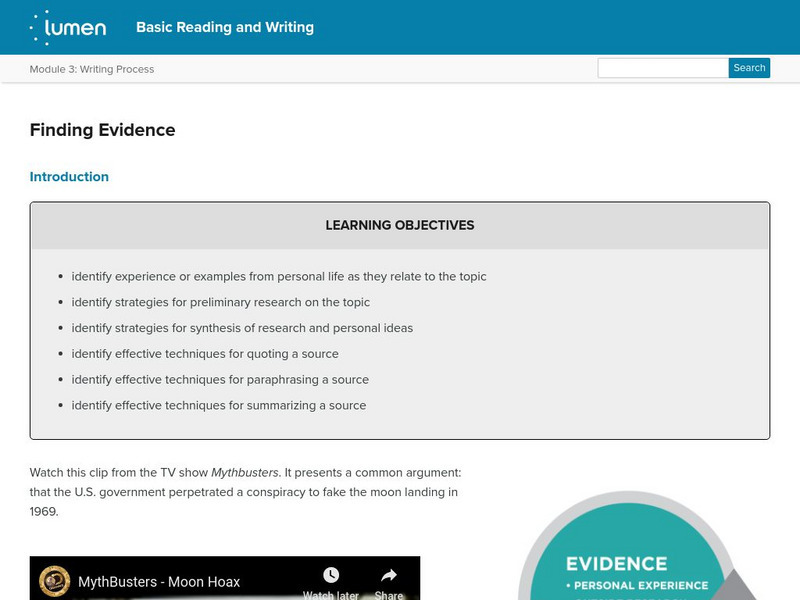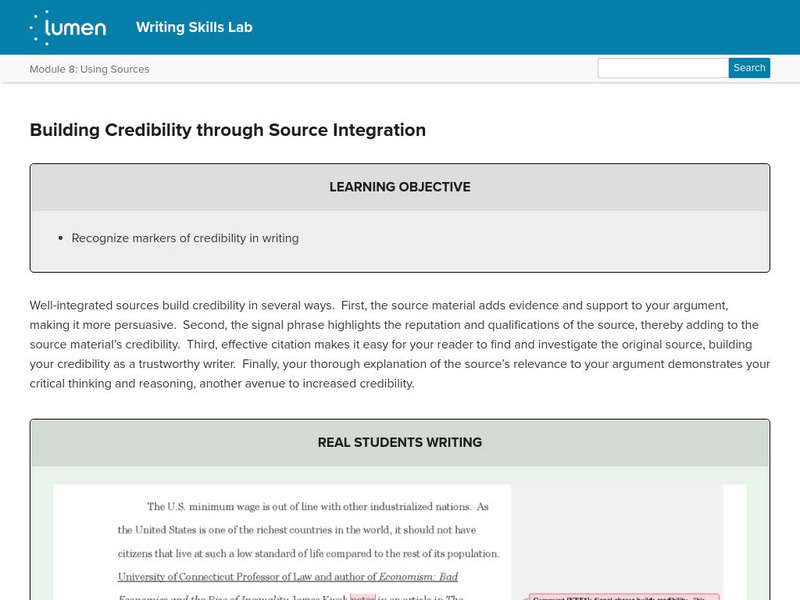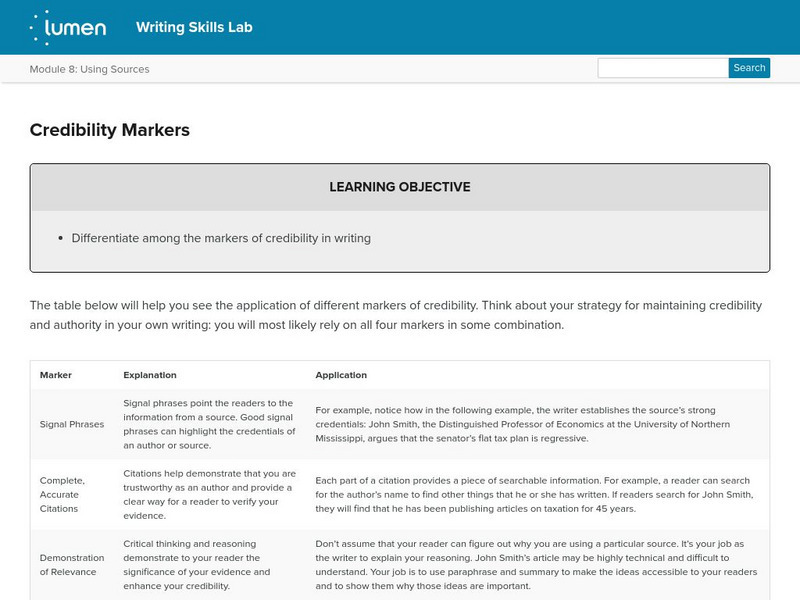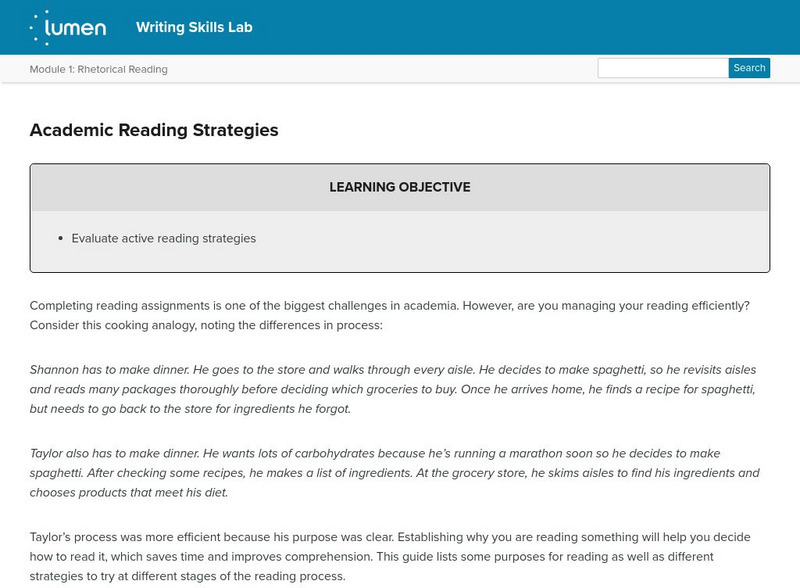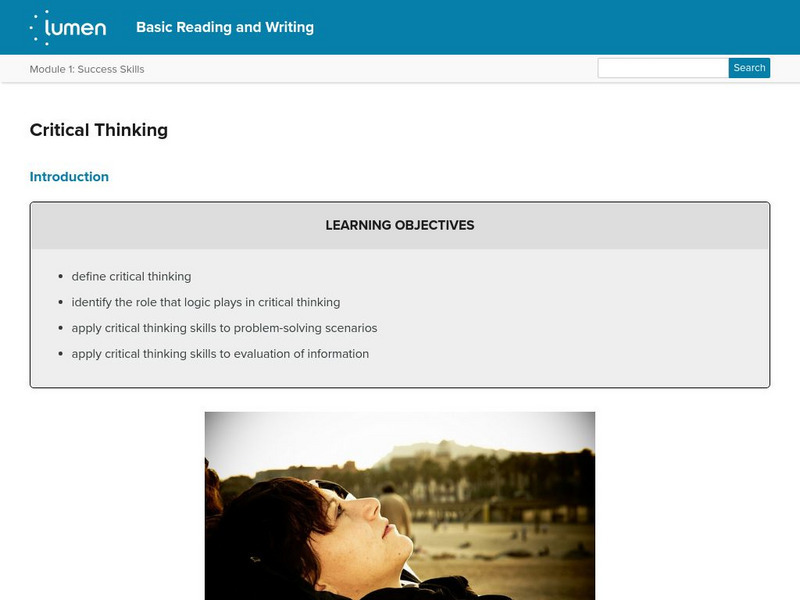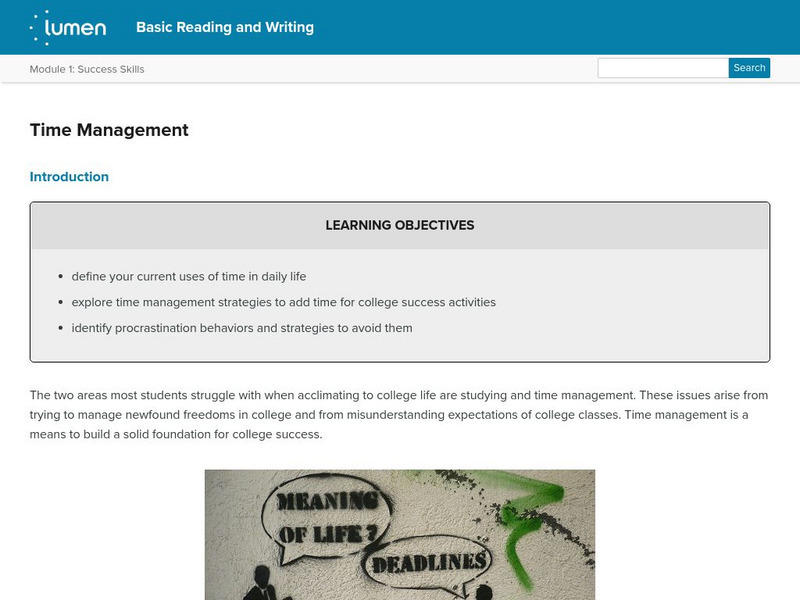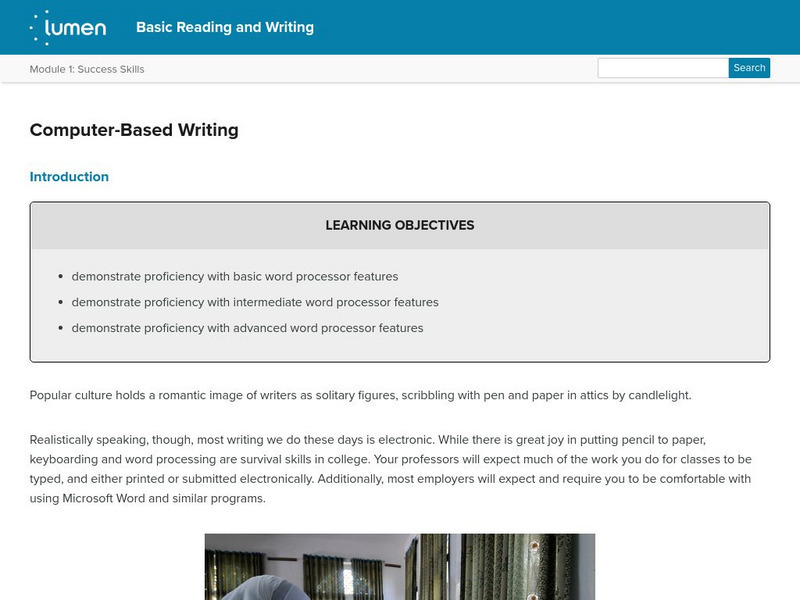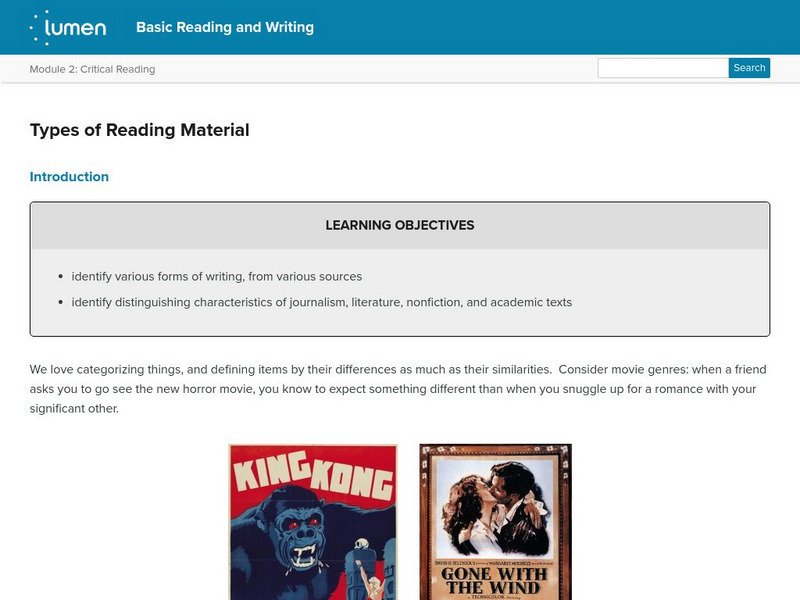Hi, what do you want to do?
Lumen Learning
Lumen: Writing Skills: Putting It Together: Academic Argument
This is a summary of the academic argument learning objectives including constructing a debatable thesis statement, avoiding logical fallacies, building common ground with readers, and incorporating rebuttal and refutation.
Lumen Learning
Lumen: American Literature: Introduction to Romantic Literature
This introduction to Romantic literature focuses on the learning outcomes of the study of various pieces of American Romantic literature. These include describe the major historical and cultural developments of the Romantic period,...
Lumen Learning
Lumen: Introduction to Writing About Literature
This is an introduction to writing about literature; it includes a list of learning objectives for writing about literature including finding and using historical sources to discuss the historical context, finding and using literary...
Lumen Learning
Lumen: Reading: Software Development Process
Learn about software development methodologies and the development process.
E-learning for Kids
E Learning for Kids: North Sea: How Do We Measure the Intensity of Light?
Students learn in this lesson about light intensity and the units used to measure it, the reflection of light, and how the amount of light can be increased using more lightbulbs.
Lumen Learning
Lumen: Boundless Psychology: Nature vs. Nurture
Study what roles genetics and the environment play in human behavioral development. This is a learning module which includes the reading assignment, a quiz, and PowerPoint program.
Lumen Learning
Lumen: Writing Process: Finding Evidence
This lesson plan focuses on finding evidence to support your thesis, how to incorporate your findings into your own work, and how to effectively quote, paraphrase, and summarize your information. CCSS.ELA-Literacy.CCRA.W.9, W.11-12.1b...
Lumen Learning
Lumen: Using Sources: Building Credibility Through Source Integration
This lesson focuses on building credibility by properly integrating source materials. It discusses three ways of improving credibility through integration, provides an example, and a practice exercise. SL.9-10.2 eval & integrate...
Lumen Learning
Lumen: Using Sources: Credibility Markers
This lesson focuses on strategies for maintaining credibility and authority in your writing. It also provides a table of different types of credibility markers, an explanation, and the application for each. SL.9-10.2 eval & integrate...
Lumen Learning
Lumen: Critical Reading: Reading Strategies
This lesson focuses on reading strategies including scanning, skimming, SQ3R, High-5 Reading Strategies, technology, and rhetorical context. It includes text information and videos.
Lumen Learning
Lumen: Rhetorical Reading: Academic Reading Strategies
This instructional activity focuses on reading strategies including understanding your purpose, and before, during, and after reading strategies.
Lumen Learning
Lumen: Evaluating Sources: Introduction to Multimedia Sources
An introduction to methods of evaluating multimedia sources.
Lumen Learning
Lumen: Evaluating Sources: Craap Analysis of Multimedia Sources
This lesson focuses on evaluating multimedia sources using the CRAAP Analysis: Currency, relevance, authority, accuracy, and purpose. Click on the NEXT button on the bottom right for more information. SL.11-12.2 Eval&Integrate sources
Lumen Learning
Lumen: Using Sources: Paraphrase and Summary
This lesson focuses on how to integrate source material using paraphrase and summary and the differences between the two. It also provides a practice exercise.
Lumen Learning
Lumen: Using Sources: Applying Paraphrase, Summary, and Quotation
This lesson focuses on when to use paraphrase, summary, and quotation to integrate source material into your paper.
Lumen Learning
Lumen: Multimodality: Remix and Attribution
This lesson focuses on defining remix, why attribution is important in a remix, and how to attribute fairly. It also provides a table, Limitations When Remixing Copyrighted Work, and a practice exercise. CCSS.ELA-Literacy.CCRA.W.8
Lumen Learning
Lumen: Critical Reading: Specialized Reading Strategies
This lesson focuses on specialized reading strategies such as online reading, reading in math, science, etc., and reading charts and graphs. It provides text, videos, charts and graphs, graphics, and a self-check.
Lumen Learning
Lumen: Critical Reading: Identifying Thesis Statements
This lesson focuses on identifying thesis statements including explicit and implicit thesis statements, "How to Identify the Thesis Statement" (video), topic sentences, paragraph parts graphic, and a self-check activity.
Lumen Learning
Lumen: Critical Reading: Vocabulary
This lesson focuses on increasing your vocabulary including using context clues, dictionaries, and your working vocabulary. It also offers two videos with strategies for enhancing your vocabulary.
Lumen Learning
Lumen: Success Skills: Critical Thinking
This lesson focuses on critical thinking including a definition, examples, a video of critical thinking in action, logic in critical thinking, questions a critical thinker asks, guidelines for critical thinking, problem-solving, and...
Lumen Learning
Lumen: Success Skills: Time Management
This lesson focuses on time management for college students but is perfect for high school students as they prepare for college. It discusses time management strategies and styles, procrastination and strategies to avoid it, how to make...
Lumen Learning
Lumen: Success Skills: Computer Based Writing
This lesson focuses on using word processing programs to complete writing assignments. It uses Microsoft Word 2013 as a model for videos that show basic, intermediate, and advanced word processing skills. It also lists free alternatives...
Lumen Learning
Lumen: Critical Reading: Types of Reading Material
This activity focuses on the types of reading material and their distinguishing features. It also included two videos including the key features from a newspaper story video and a video that defines scholarly articles.
Lumen Learning
Lumen: Writing Process: Prewriting
This lesson focuses on prewriting including the purpose and characteristics of prewriting, prewriting strategies, the rhetorical context, and developing a working thesis statement. It also includes a slide show about author, audience,...





